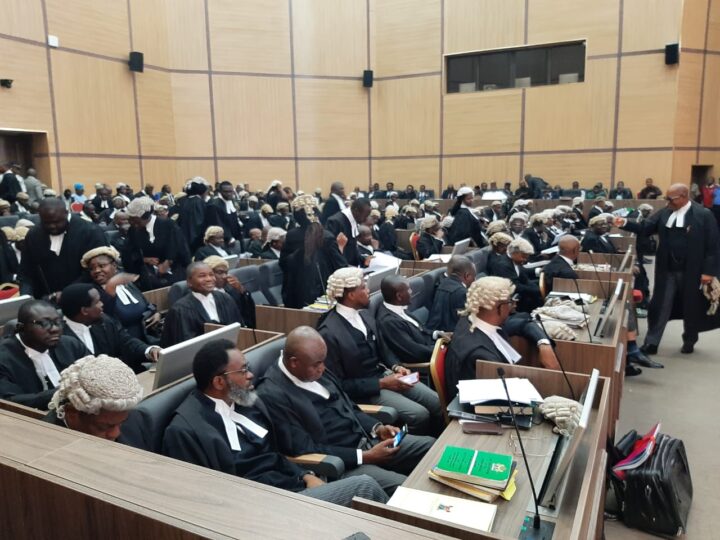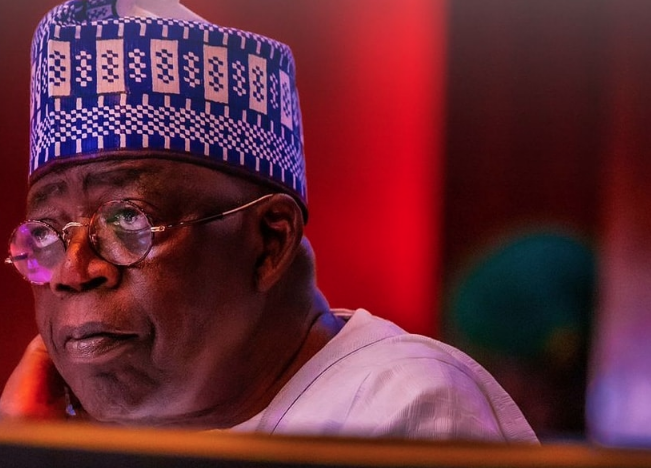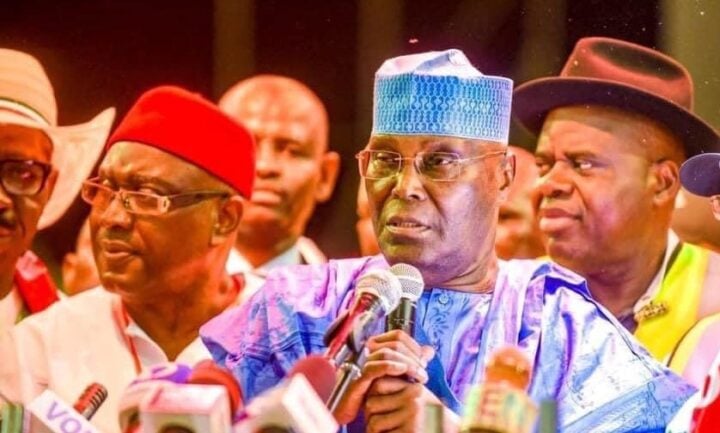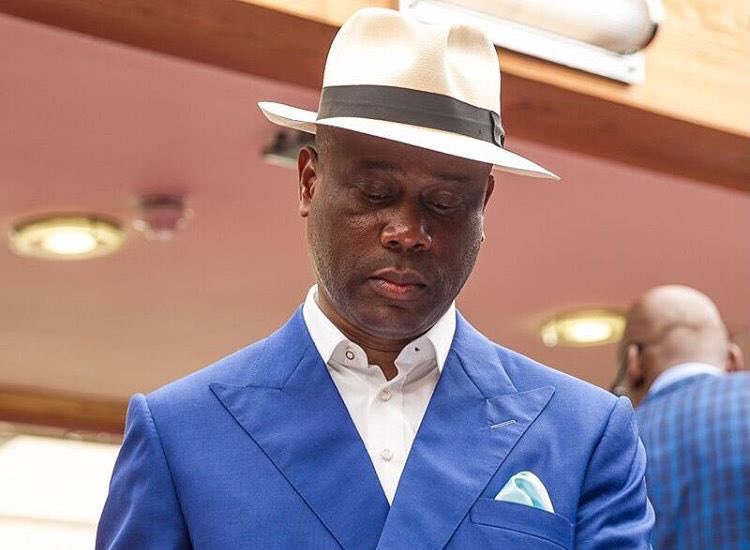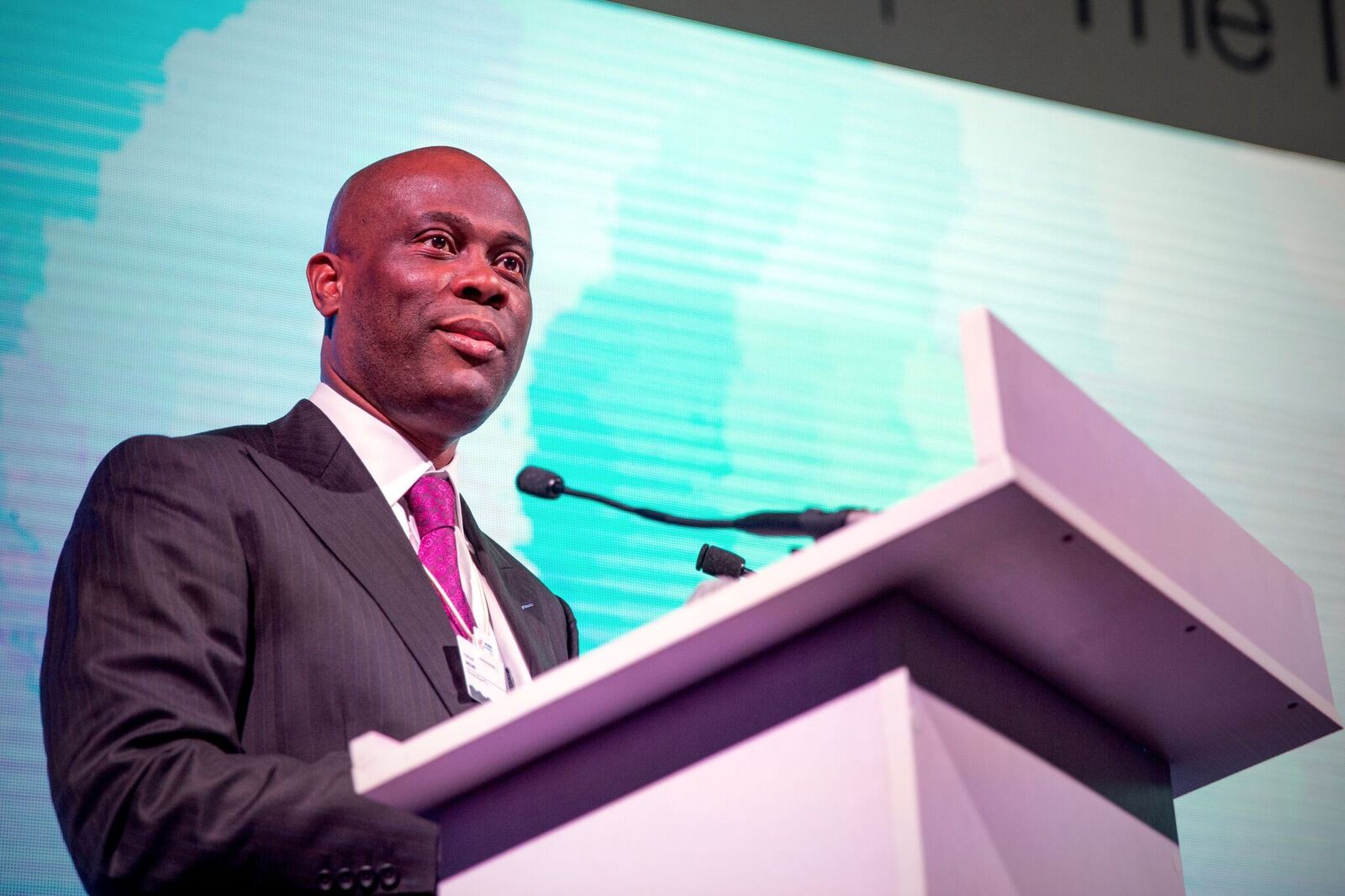On Wednesday, the supreme court heard and ruled on the final petitions arising from the 2023 governorship elections. At least 21 states approached the apex court, starting with the election petition tribunals, to discredit the results of the polls.
Some of the cases were quite controversial and stood as a test for both the judiciary and the Independent National Electoral Commission (INEC). Some new developments were recorded in Nigeria’s democratic history, which will serve as reference points far into the future.
We take a look at the supreme court judgments on the petitions and what they mean for the credibility of the electoral body and process.
NO GOVERNOR SACKED BY SUPREME COURT
Advertisement
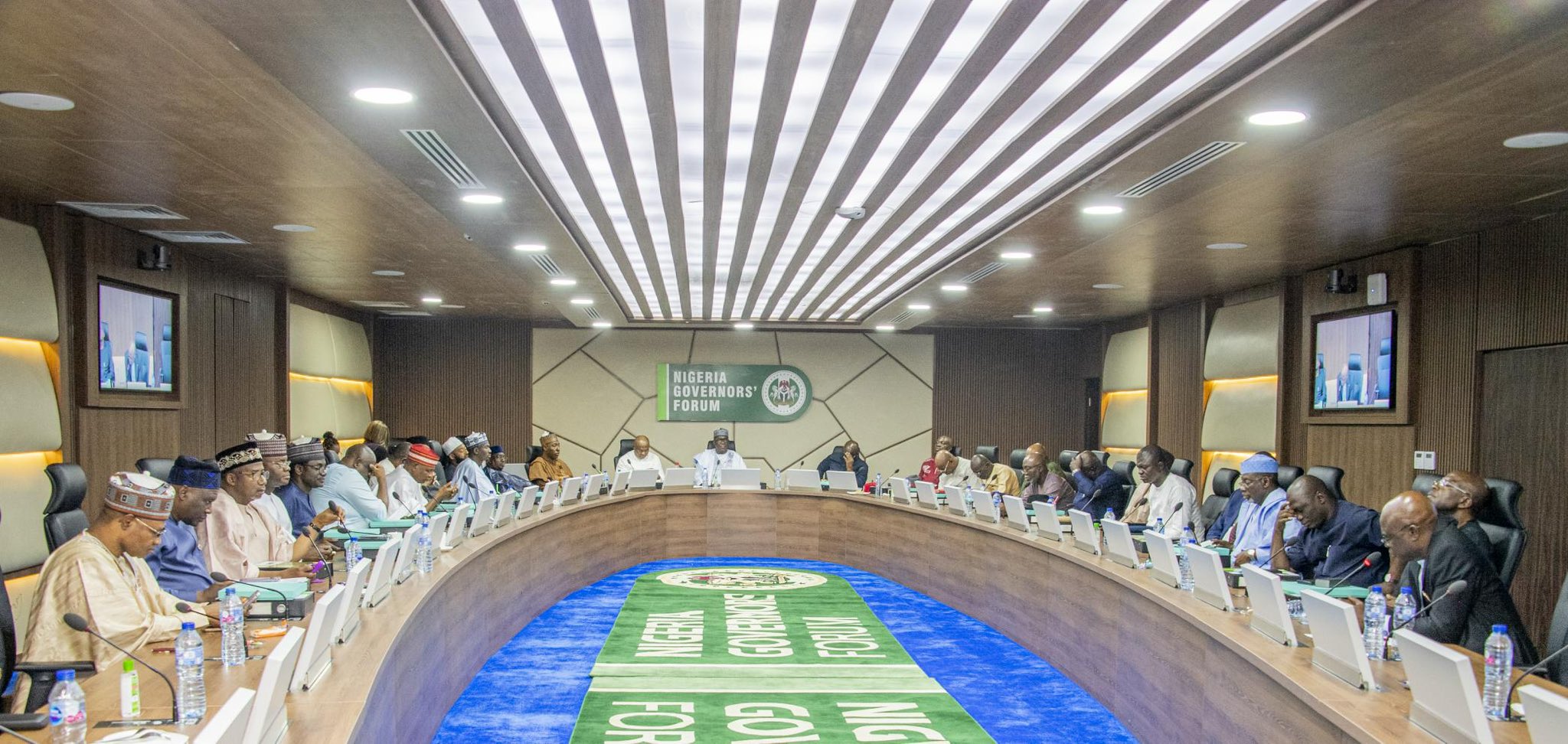
This time, no governor, originally declared the winner by INEC, was sacked by the apex court. In previous elections, except that of 2015, at least one governor was removed from office by either the court of appeal where gubernatorial election petitions terminated before 2011 or by the supreme court which now has the final say.
2003 Election
In 2005, Chris Ngige of the Peoples Democratic Party (PDP) was sacked as governor of Anambra state by a tribunal sitting in Awka. This was two years after INEC declared him the winner of the 2003 gubernatorial election.
Advertisement
The tribunal declared Peter Obi of the All Progressives Grand Alliance (APGA) as the winner of the election. Ngige’s removal was further upheld by an appeal court in March 2006, and Obi retained his seat as governor.
2007 Election
Olusegun Agagu of Ondo, Oserheimen Osunbor of Edo state, Andy Uba of Anambra, Olusegun Oni of Ekiti, Olagunsoye Oyinlola of Osun, and Celestine Omehia of Rivers were the governors elected in the 2007 elections but eventually sacked through court injunctions.
Uba and Omehia were removed from office by the supreme court in pre-election matters.
Advertisement
Omehia had already spent five months in office as the governor of Rivers state when he was sacked by the supreme court.
Rotimi Amaechi had won the primaries of the PDP, but his name was substituted with Omehia’s at the eleventh hour over corruption allegations.
The apex court held that Omehia is not the legitimate flag bearer for the party and held that Amaechi should take his place as Rivers governor.
Uba stands as the shortest-serving Nigerian governor after he was sacked just 17 days after assuming office in Anambra under the platform of the PDP.
Advertisement
The supreme court held that the tenure of Peter Obi as governor was yet to expire; hence, Uba was asked to vacate the seat for Obi.
Agagu, candidate of the PDP, was the governor of Ondo from May 29, 2003, until February 2009, when an appeal court in Benin upheld the judgment of the election tribunal, which voided his re-election in 2007 on account of electoral irregularities. He was replaced as governor by Olusegun Mimiko, his political rival from the Labour Party (LP).
Advertisement
For Osunbor, his 18-month reign as Edo governor came to an end in November 2008 when an appeal court in Benin held that Adams Oshiomhole of the defunct Action Congress (AC) was the legal winner of the April 2007 gubernatorial election.
Osunbor was sacked over voting irregularities.
Advertisement
About a year to the end of his first term, Oni of the PDP, who was elected Ekiti governor, was removed from office on October 15, 2010, by a court of appeal over “massive vote rigging”. The ruling saw Kayode Fayemi of the Action Congress of Nigeria (ACN) assume office as governor.
On November 26, 2010, the court of appeal in Ibadan presided over by Justice Clara Ogunbiyi ruled that Oyinlola did not win the 2007 election and that Rauf Aregbesola, the AC candidate, should be sworn in as governor.
Advertisement
2011 Election (extended tenure stay)
In 2012, the supreme court sacked the governors of Bayelsa, Cross River, Kogi, Adamawa and Sokoto from office, replacing them with the speakers of the houses of assembly from the respective states.
The governors were sacked because their tenures expired the previous year.
The affected governors came into office in May 2007 but their four-year tenure was terminated by election tribunals on grounds of “irregularities”. Fresh elections were conducted the following year, and they all won again.
2019 Election
Mukhtar Idris of the APC was sacked as governor-elect of Zamfara by the supreme court five days before his inauguration after the party was found not to have followed due process while conducting its primaries.
Bello Matawalle of the PDP was then sworn in as the governor of the state.
On January 14, the apex court voided Emeka Ihedioha’s election and declared Hope Uzodinma, the APC candidate who came fourth in the election, as the duly elected governor of Imo state.
The court held that Ihedioha, who ran under the PDP, did not win the majority of votes cast in the election.
Preparations for his swearing-in were in full gear when David Lyon, declared by INEC as the winner of the November 2019 Bayelsa governorship election, was sacked by the supreme court.
The APC candidate was less than 24 hours away from becoming governor when, in February 2020, the apex court asked INEC to withdraw the certificate of return issued to Lyon and re-issue another to the candidate with the second highest number of votes.
The decision of the apex court was an affirmation of the verdict of a federal high court disqualifying Biobarakuma Degi-Eremienyo, Lyon’s running mate, for submitting forged credentials to INEC.
The ruling then paved the way for Douye Diri of the PDP to become the governor of the state.
JUDGEMENTS SEALED AND SETTLED
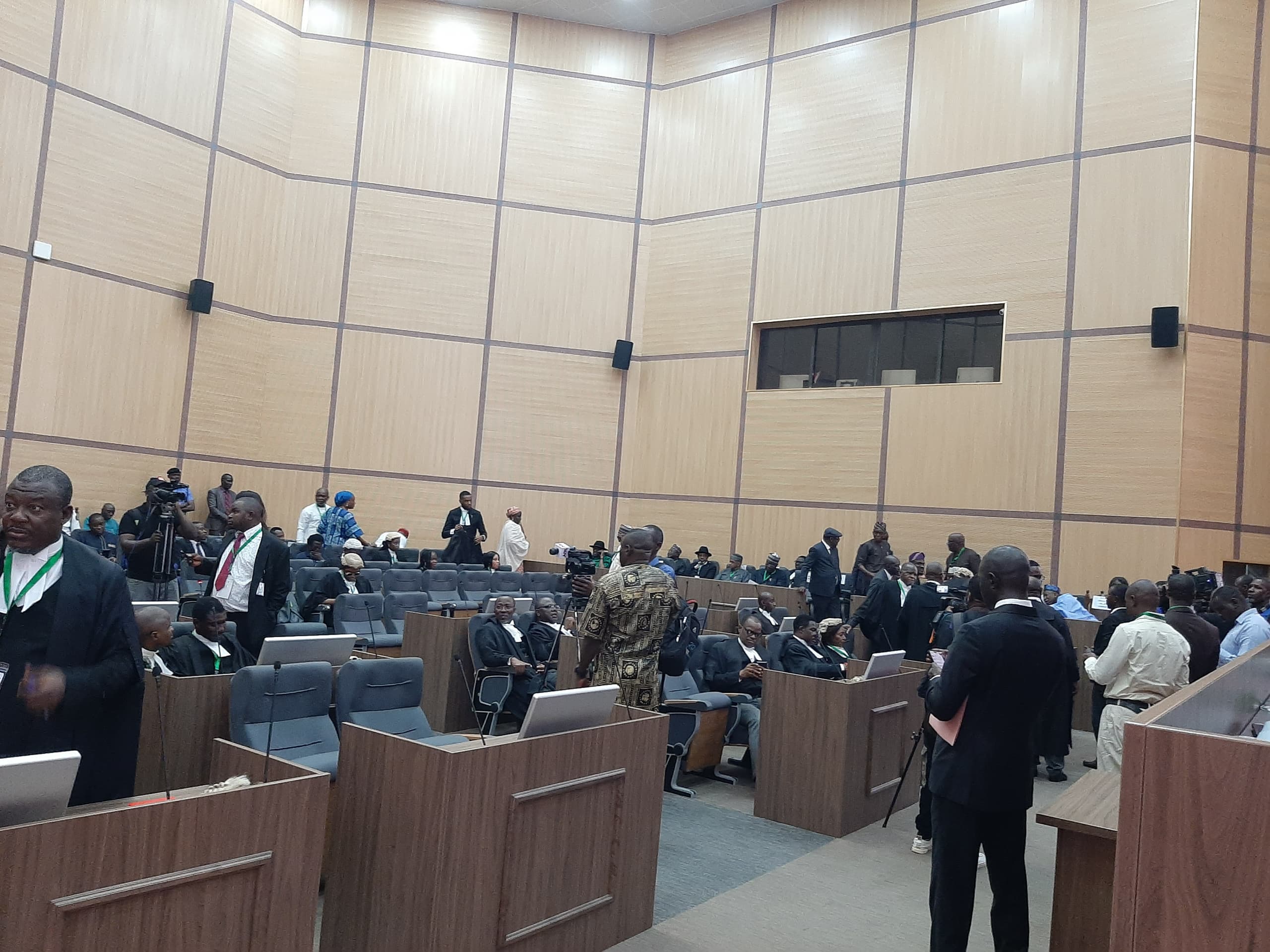
Some of the issues raised by the aggrieved candidates regarding the outcome of the polls were put to the test before the judiciary, where landmark judgments were delivered.
Those of Kano, Plateau, and Zamfara were particularly interesting and held the attention of stakeholders within and beyond Nigeria.
Non-signing/stamping of ballot papers
The supreme court said the non-signing or stamping of ballot papers used for elections cannot invalidate the results if they are endorsed by INEC.
The court gave the ruling on the matter after Abba Yusuf of the NNPP was sacked as governor of Kano state by the election petition tribunal, and the ruling was upheld by the appellate court.
John Okoro, the justice who led the five-member panel of the apex court, said the sections relied on by the tribunal referred expressly to result forms and not ballot papers.
Party membership not court’s concern
The apex court also held that no law in Nigeria concerns itself with the membership of a political party.
Still ruling on the Kano governorship appeal, Okoro said as long as a political party agrees to sponsor a candidate, he is eligible to contest the election.
The court also ruled in May 2023 that a political party cannot meddle in the affairs of another one.
‘Abuja supremacy’
Determining Obi and Atiku Abubakar’s appeal against Bola Tinubu’s victory, the supreme court upheld the judgment of the appellate court that a candidate does not need to get at least 25 per cent of votes in the federal capital territory (FCT) to be declared as Nigeria’s president.
A VOTE OF CONFIDENCE FOR INEC?
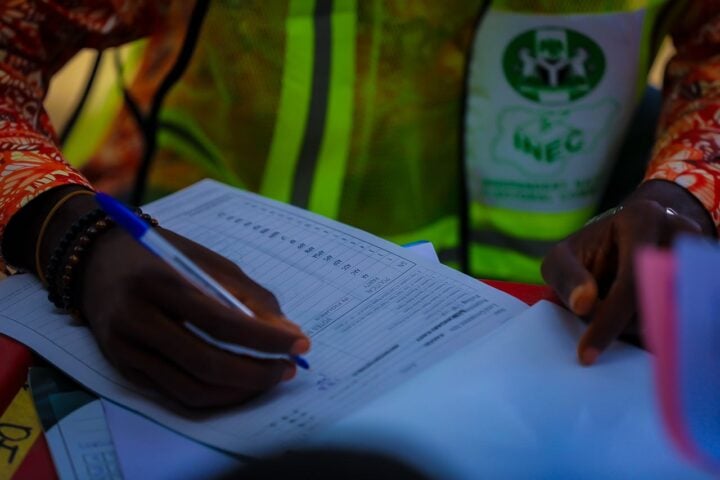
INEC’s result sheets have passed through the external invigilators—the election petition tribunals, the appeal court, and the supreme court—and they have been returned with a pass mark.
What did INEC do differently or better?
In a chat with TheCable, Rotimi Oyekanmi, INEC spokesperson, said the supreme court verdicts have vindicated the electoral body.
Oyekanmi noted that the commission takes on reforms and initiatives to constantly improve the electoral process.
He added that though the 2023 general election was not perfect, it was Nigeria’s “most well-planned” election since 1999.
“The supreme court was not established to pass a vote of confidence on INEC or anyone, but strictly to dispense justice according to the law,” Oyekanmi told TheCable.
“To serve Nigerians better and conduct free, fair, credible and inclusive elections, the commission has, over the years, and especially under its current chairman, Prof. Mahmood Yakubu, continually embarked on various critical reforms aimed at improving the electoral process.
“Without any fear of contradiction, I want to say that the 2023 general election was the most well-planned since 1999, with the innovations introduced that were intended to ensure a credible and inclusive process.
“And I also want to declare that, in spite of the various conspiracy theories being churned out by certain individuals, the election was substantially free, fair, credible and inclusive. It was not a perfect election, but the commission, to a very large extent, complied with the laws of the land.
“It is in the light of this reality that the commission feels vindicated by the decisions of the supreme court on various petitions filed in respect of the presidential and governorship elections.”
When asked if the commission feels contrary court judgments undermine its credibility, Oyekanmi replied in the negative.
“No. The commission is not perfect, and it is important to note that despite adequate preparations and the commission’s determination to conduct a credible election, some fifth columnists might throw spanners into the works. Nevertheless, INEC takes the blame for that,” he said.
“Therefore, where there are visible infractions and evidence to show for them, the supreme court has a duty to take a decision as it deems fit. But it does not undermine the commission’s credibility in any way, and this will be very clear in the wording of the judgement. Hardly will you find in the judgement of the supreme court where INEC is referred to as “fraudulent” or not credible. To be sure, our elections are hardly nullified by the supreme court on account of the credibility of the process.”
Oyekanmi further noted that the commission usually interrogates its processes and procedures after each general election and publishes a report.
He said the report on the 2023 elections, which includes “lessons learnt”, is almost ready.
Add a comment

